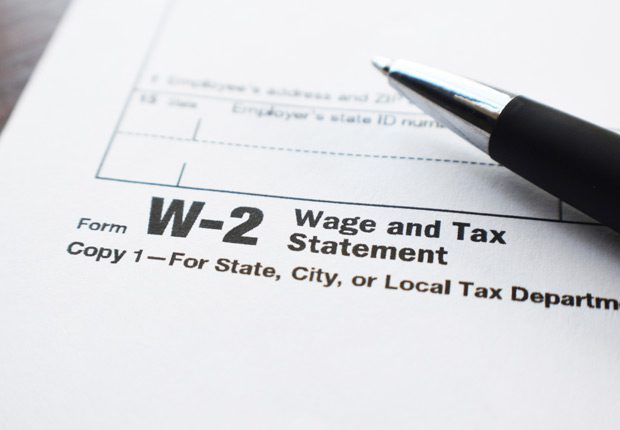
The minimum wage is the lowest amount that employers can legally pay their employees for their work. Nevada minimum wage laws exist to protect workers from being paid less than what they deserve. Understanding these laws is important for both employees and employers to ensure compliance and avoid legal violations.

Nevada Minimum Wage Laws
The minimum wage in Nevada depends on whether the employer offers qualifying health benefits to their employees. As of July 1, 2023, if qualifying health benefits are offered, the minimum wage is $10.25 per hour. If not, the minimum wage is $11.25 per hour.
It is important to note that the minimum wage rate applies to all employees, regardless of whether they are full-time or part-time. In addition, minors are not exempt from the minimum wage requirements.
Nevada Overtime Pay Requirements
Employers in Nevada must pay their employees overtime for any hours worked over 40 hours in a workweek. Overtime pay is calculated at one and a half times the employee’s regular rate of pay. For example, if an employee earns $10 per hour, their overtime rate would be $15 per hour.
It is important to note that there are some exemptions to overtime pay requirements, including for certain types of salaried employees and certain industries. However, it is important for employers to ensure that they are complying with all applicable laws to avoid legal violations.
Violations of Nevada Minimum Wage and Overtime Laws
Employers who fail to pay their employees the minimum wage or overtime pay required by law may face legal penalties and other consequences. Employees who believe that their employer has violated Nevada minimum wage or overtime laws can file a complaint with the Nevada Labor Commissioner’s Office.
If the Labor Commissioner finds that the employer has violated the law, they may be required to pay back wages and other damages to the affected employees. In addition, employers who violate Nevada minimum wage or overtime laws may also face fines and other penalties.
It is important for both employees and employers to understand their rights and responsibilities under Nevada minimum wage and overtime laws. Employers should ensure that they are complying with all applicable laws to avoid legal violations and protect their employees. Employees who believe that their employer has violated Nevada minimum wage or overtime laws should speak with an experienced employment law attorney to discuss their legal options.
Navigating Minimum Wage Violations
Nevada minimum wage laws and overtime pay requirements exist to protect workers from being paid less than what they deserve. Employers in Nevada must pay their employees at least the minimum wage rate, and they must also pay overtime for any hours worked over 40 hours in a workweek. Violations of these laws can result in legal penalties and other consequences.
It is important for both employees and employers to understand their rights and responsibilities under Nevada minimum wage and overtime laws. Employers should ensure that they are complying with all applicable laws to avoid legal violations and protect their employees. For assistance navigating minimum wage violation lawsuits, contact Rafii Law.

